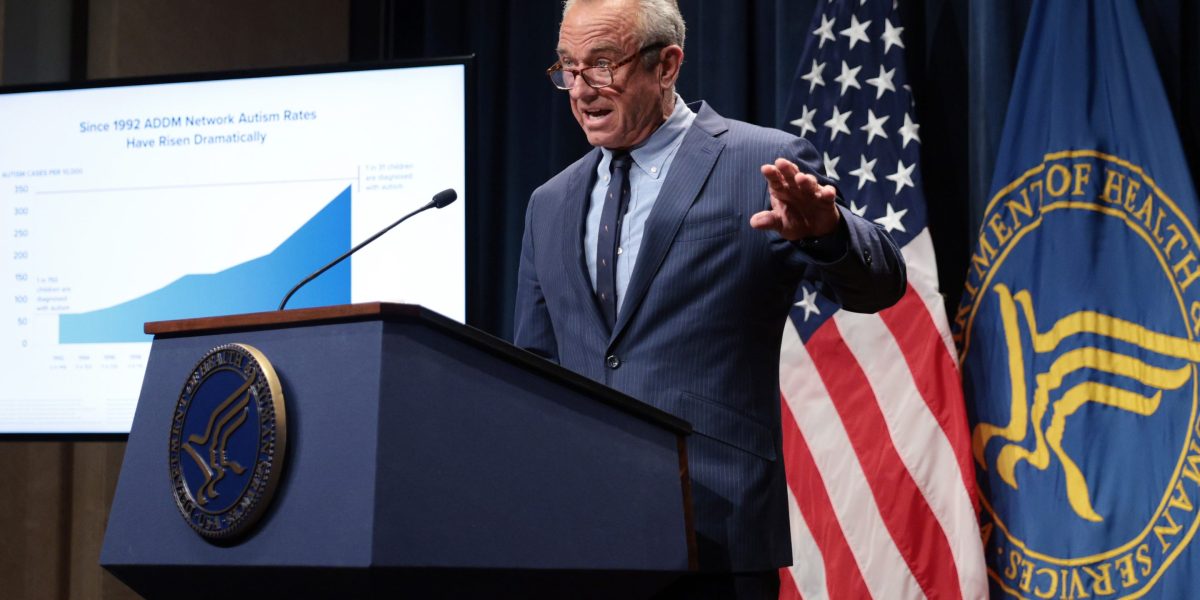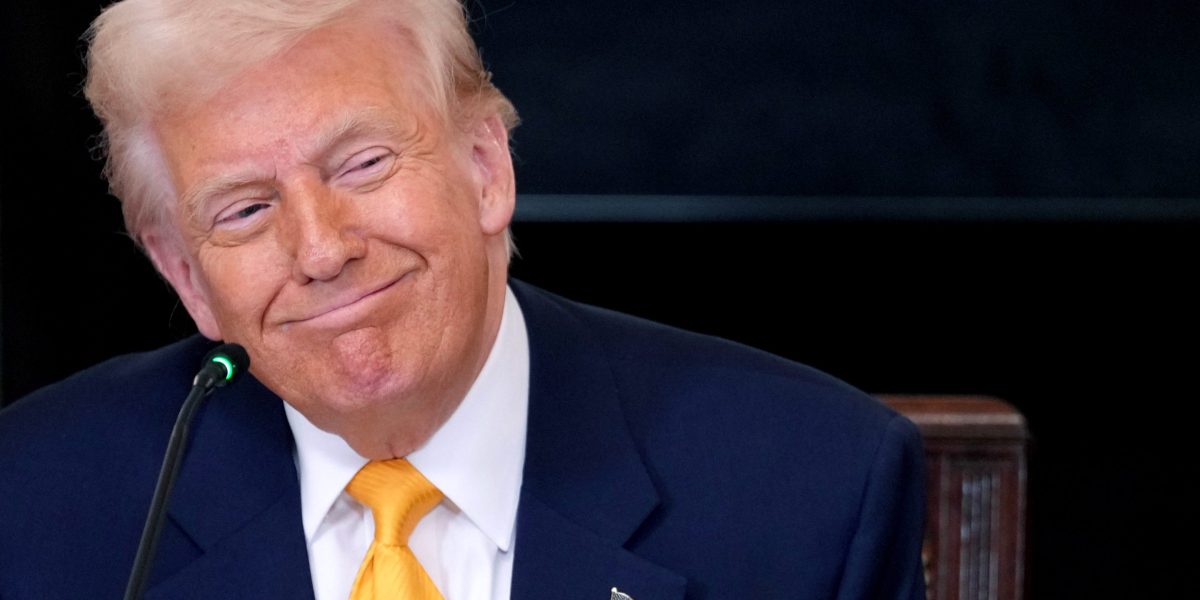The U.K.’s overhauling of a divisive tax regime that allowed international millionaires to live in the country while paying lower taxes is triggering an exodus of the rich.
A new system replacing the lucrative “non-domicile” tax status took effect on Apr. 6, requiring those with a permanent home abroad but living in the U.K., to pay the same tax as everyone else.
A case in point: Frederic de Mevius, one of the heirs of the founding families behind the world’s biggest brewer, AB InBev. He purchased property in the affluent Kensington and Chelsea area and ran an investment platform based in Luxembourg and London. De Mevius was also involved with various cultural institutions in the British capital.
But, according to registry filings cited by Bloomberg, de Mevius recently moved his residency back to Belgium. While it’s unclear exactly what prompted the move, changes in the non-dom structure could have played a role
De Mevius is far from alone. Henley & Partners, a London-based citizenship and residency advisory firm, estimated that nearly 10,800 millionaires fled the U.K. last year, second only to China.
U.K. Government estimates from 2022-2023 suggest that 74,000 people claimed non-dom status, accounting for £8.9 billion in tax revenues.
In lieu of the non-dom regime, the new system will be based on residence and allows preferential tax rules to apply only for the first four years of overseas income, compared to 15 years in the previous tax structure.
London slipped from fifth to sixth place among cities attracting millionaires, according to a new ranking released Tuesday by the firm. It’s one of only two cities in the ranking with a net loss of millionaires over the last decade, the other being Russia’s capital of Moscow.
Changes to the non-dom status and sky-high inheritance taxes are making the U.K. less attractive for wealthy long-term settlers, according to the report.
“Any foreign national in the UK for more than 10 years would then be caught by that [the 40% inheritance tax], and as all structures to avoid this, such as trusts, have been caught as well, then the only solution is to leave,” Peter Ferrigno, director of tax services at Henley & Partners, told Fortune.
“If you are an international business person with assets in many countries, having the U.K. take 40% of your worldwide assets in the event of your demise seems to breach some basic principle of ‘fairness.’”
Some of the factors influencing the changing policies in the U.K. have been at play for several years, including the diminishing importance of the London Stock Exchange compared to its global counterparts and a less attractive investment environment for tech and entrepreneurship.
Critics of the non-dom structure argue that it gives wealthy people more leeway with taxation rules while staying in the U.K. for a long time. Others highlight how millionaires can help create wealth in the country by employing people at their businesses and investing in the economy.
The Adam Smith Institute (ASI) characterized the departure of millionaires as a “vote of no confidence in our current economic structures and foundations.”
“It is not just for the millionaire’s benefit that a change in culture would be beneficial – a country which embraces and strives for entrepreneurialism, wealth creation, and a ‘go-get-it’ attitude would do much to engender a wealthier society,” ASI said in a report.
The avenues for the wealthy to stay in the U.K. seem to be dwindling. For instance, an Investor Visa allowing people to invest £2 million or more in the U.K. to settle there was scrapped three years ago in order to prevent misuse.
The tea leaves suggest a more dire forecast for the U.K. in the next few years: It’ll lose some 500,000 millionaires by 2028, according to a UBS report last year.
However, a rapidly changing geopolitical climate across the pond has stoked the desire of some immigrants—particularly Americans—to consider pursuing British citizenship.
This story was originally featured on Fortune.com
Source link

 Entertainment8 years ago
Entertainment8 years ago
 Politics8 years ago
Politics8 years ago
 Entertainment8 years ago
Entertainment8 years ago
 Entertainment8 years ago
Entertainment8 years ago
 Tech8 years ago
Tech8 years ago
 Tech8 years ago
Tech8 years ago
 Tech8 years ago
Tech8 years ago
 Politics8 years ago
Politics8 years ago







